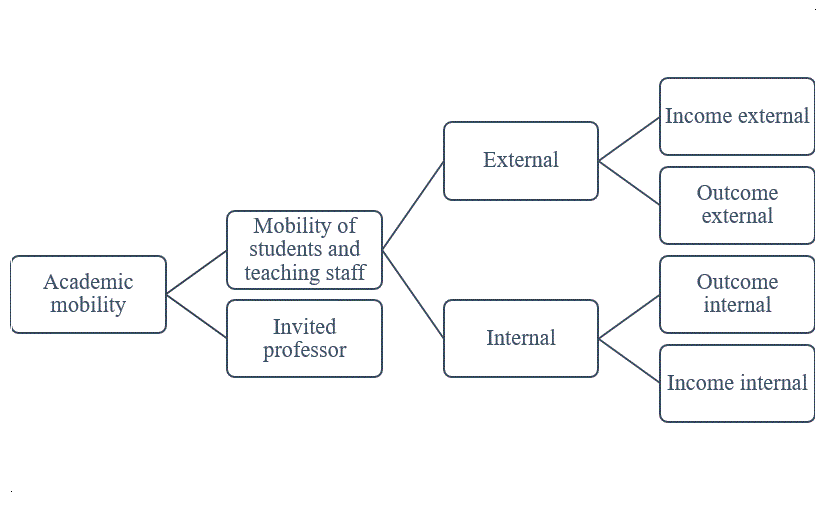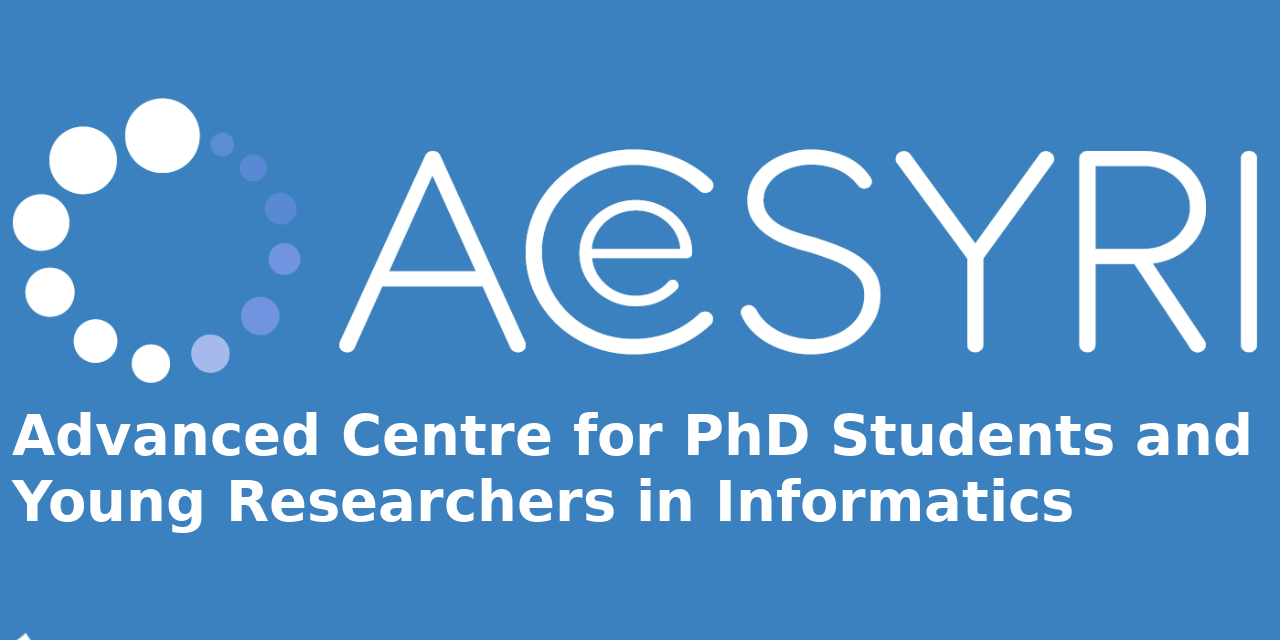Academic mobility
Academic mobility is the transfer of a student or employee for a certain period to another educational or scientific institution (in their country or abroad) within the framework of a joint educational or research program, as well as on the basis of bilateral agreements.

With the support of the MSHE RK, since 2011 Satbayev University has successfully implemented academic mobility of students and undergraduates in partner universities in the USA, EU and ASIA.
Sources of financing
1. Self-Funding
All expenses, except for tuition fees, are covered by the student.
2. Local Funding
- Ministry of Science and Higher Education:
A government program that covers most expenses related to flights, medical insurance, and accommodation, depending on the destination country. - University Funding:
The amount of financial support and the number of scholarships depend on the university’s annual budget. This funding typically covers flight costs and medical insurance.
3. International Funding
- Erasmus+
- DAAD
- GKS
- Abay Vern Program (available for Master’s and PhD students)
Required documents for participation in the academic mobility program
Academic mobility programs
Erasmus+
Erasmus+ is a non-profit program of the European Union, operating from 2014 to 2020, aimed at supporting cooperation and exchange of students and teachers between universities of the EU member States, as well as Iceland, Liechtenstein, Macedonia, Norway, and Turkey. More than 4,000 educational institutions from 33 countries participate in Erasmus+.


The name of the program comes from the name of the Dutch philosopher Erasmus of Rotterdam, who lived and worked in many European cities to expand his horizons and gain new knowledge. At the same time, the word Erasmus is an acronym that stands for "the European community's action Plan for increasing the mobility of University students".
The main goals of the program are to improve the quality of education in Europe, develop mobility and cultural ties of students from European and neighboring countries. The program allows students and teachers to complete training, internships, or teach in another participating country.
Candidates who wish to study under the Erasmus+ program are selected on a competitive basis. Students must meet the following requirements:
- be students of at least 2 years of study at Satbayev University;
- have an average score determined by the host University;
- speak the language of instruction at the host University.
The winner is selected by the sending University. The duration of training and internship is from 3 months to 1 year, in total-up to 2 years. Participation in the program is only possible 1 time for the educational program and 1 time for work practice. Erasmus+ guarantees participants that subjects completed abroad will be counted by the sending University upon their return home.
Students do not pay for their studies at the host University; all expenses are covered by the European Union. Students also receive a monthly stipend to cover expenses abroad.
For many students, participation in the Erasmus+ program is the first opportunity to live and study abroad. As a result, the Erasmus experience is known as a cultural phenomenon. This is an opportunity not only to get additional education, but also to connect with peers from other countries.
Current Erasmus+ competitions are published on the website and social networks of the University and the Department of international cooperation.
Required documents for participation in the Erasmus+ competitive selection
"Applied curriculum for space exploration and intelligent robotic systems"
 Within the framework of the Erasmus+ program, universities are implementing projects such as the APPLE European project (Erasmus+) "Applied curriculum for space exploration and intelligent robotic systems". The project involves 20 universities from Kazakhstan, France, Germany, Latvia, Estonia, Belgium, Russia and Belarus. Its coordinator from the European Union is the technical University of Berlin. Satbayev University signed an agreement to participate in the project on October 15, 2016.
Within the framework of the Erasmus+ program, universities are implementing projects such as the APPLE European project (Erasmus+) "Applied curriculum for space exploration and intelligent robotic systems". The project involves 20 universities from Kazakhstan, France, Germany, Latvia, Estonia, Belgium, Russia and Belarus. Its coordinator from the European Union is the technical University of Berlin. Satbayev University signed an agreement to participate in the project on October 15, 2016.
The project is designed to improve the quality of education and training of specialists – bachelors, masters, and postgraduates in the field of robotic systems and space exploration. Within the framework of the project, students get access to European training programs that are designed in accordance with modern requirements of the labor market, the Bologna process and best practices. The project offers internships with a duration of 1-2 weeks. The internships are fully funded by the Erasmus+project.
The main goal of the project is to modernize higher education in space exploration and intelligent robotic system at universities in Kazakhstan and implement an applied educational program in accordance with the European program for the modernization of higher education. Within the framework of the project, the curriculum will be updated, including B-Learning and M-Learning; existing laboratories will be modernized, and new laboratories will be created.
Aims of the project:
- analysis of educational needs in the target area in accordance with market demand and current curriculum review;
- integration of a new applied educational program;
- introduction of interdisciplinary training programs;
- development, implementation and accreditation of new practical courses, including ECTS;
- convergence of partner universities with the labor market.
An essential part of the project is the creation of a unique RoboLab laboratory based on the laboratories of the Department of "electronics, telecommunications and space technologies "and “Robotics and automation equipment". The laboratory is designed to improve the design of space and robotic systems by implementing computational methods and tools that include multidisciplinary analysis and optimization, probabilistic and reliable design methods. New equipment was purchased for the work – monoblocks, 3D printer, 3D scanner, Smart Board, which was installed in the RoboLab laboratory.
Partner universities of the project:
1. Aerospace Committee (KazCosmos)
2. Almaty University of Power Engineering and telecommunications (Kazakhstan)
3. ECM Space Technologies GmbH (Germany)
4. Geoinformation systems (Belarus)
5. Institute Thomas More (Belgium)
6. Riga Technical University (Latvia)
7. Small Satellites Center LLC (Russia)
8. Tallinn University of Technology (Estonia)
9. Technische Universität Berlin (Germany)
10. Université Pierre et Marie Curie (France)
11. Belarusian state University (Belarus)
12. Belarusian state University of Informatics and Radioelectronics (Belarus)
13. Belarusian national technical University (Belarus)
14. Eurasian national University named after L. N. Gumileva (Kazakhstan)
15. Kazakh national research technical University (Kazakhstan)
16. Glav-Kosmos (Russia)
17. Treasury. al-Farabi (Kazakhstan)
18. Ministry of investment and development (Kazakhstan)
19. Ministry of education and science (Belarus)
20. Ministry of Science and Higher Education of the Republic of Kazakhstan
21. Ministry of education and science of the Russian Federation
22. National center for space research and technology (Kazakhstan)
23. Saint Petersburg Polytechnic University (Russia)
24. Siberian Federal University (Russia)
25. Ural Federal University named after. First President of the Russian Federation
26. South-Western State University, Kursk (Russia)
For more effective implementation and updating of educational material, teachers and researchers have been given the opportunity to undergo training in leading European universities. The first internship was held in January 2018 in Michelin (Belgium) at the Thomas More University, which was attended by 3 teachers.
A month later, Thomas More University teachers held master classes on "Introduction to VHDL programming, using Basys 3 and Vivado" and "Entrepreneurship and effective communication" at Satbayev University. During the last master class, a competition for smart app ideas was held, and Satbayev University students took the first place.
In July 2018, the faculty was trained at the Marie Curie Institute (Sorbonne) in Paris. Teachers had the opportunity to study the experience of the French University in the field of space research and robotics. They visited the LATMOS laboratory of Atmospheres, ISIR laboratory (Robotics and Intelligent systems) and studied the engineering methodology for designing small spacecraft using SOFTWARE developed by the French space Agency CNES.
Project coordinator from Satbayev University-Professor of the Department of electronics, telecommunications and space technologies, doctor of technical Sciences, honored space technology tester of the Russian Federation Suymenbayev Bagdat Temirgalievich.
Thanks to his work in preparing the application for participation in the Erasmus+ project, the University was assigned a unique participant identification number (PIC), which will allow further participation in Erasmus+ projects. The project duration is 2016-2019.
Satbayev University teachers can participate in the APPLE Erasmus+ program with their projects. To participate in the program, you need to develop a project and submit an application for its implementation to the Erasmus+ Committee. For advice on applying, contact the program coordinator.
 Within the framework of the Erasmus+ program, Satbayev University participates in the development of the advanced center for doctoral students and young researchers in the field of computer science (ACeSYRI).
Within the framework of the Erasmus+ program, Satbayev University participates in the development of the advanced center for doctoral students and young researchers in the field of computer science (ACeSYRI).
Project (project registration number 610166-EPP-1-2019-1-SK-EPPKA2-CBHE-JP) is implemented in the framework of the Erasmus+ program in order to develop cooperation between graduate students, young researchers, teachers of Kazakhstan and the countries of the European Union.
ACeSYRI allows participants to create research groups, collaborate with international research groups, and share scientific information and project results.
Work at ACeSYRI is free and available to both students and young researchers.
The main goal of ACeSYRI is to improve the research conditions of young researchers and doctoral students in the field of computer science through the development of international cooperation with EU universities, the development of a virtual portal and center in Kazakhstan to promote cooperation with target groups.
The project is designed for 3 years and is conducted by 4 European and 9 Kazakh universities.
The implementation of ACeSYRI is a valuable contribution to the modernization of higher education in Kazakhstan. It is expected that improving the research conditions of young researchers, as well as involving them in current research problems, will increase the level of higher education in the field of computer science.
Project website: https://acesyri.eu/
The ACeSYRI project involves young researchers and professors from the following universities:
• University of Zilina (ZU) - Slovakia, Zilina
• University of Lodz (UL) - Poland, Lodz
• University of Lorraine (UL) - France, Nancy
• Nazarbayev University (NU) - Kazakhstan, Astana
• Center for the Bologna process and academic mobility of the Ministry of Science and Higher Education of the Republic of Kazakhstan (BPAMC) - Kazakhstan, Astana
• Satbayev University-Kazakhstan, Almaty
• Almaty University of power engineering and telecommunications (AUPET) Kazakhstan, Almaty
• West Kazakhstan agrarian and technical University named after Zhangir Khan (West Kazakhstan agrarian technical University) – Kazakhstan, Uralsk
• Kyzylorda state University. Korkyt ATA (KSU) – Kazakhstan, Kyzylorda
• North Kazakhstan state University. Named after M. Kozybayev (NKSU) Kazakhstan, Petropavlovsk
• Suleyman Demirel University (SDU), Kazakhstan
• Union of legal entities "Kazakhstan information security Association" - Kazakhstan, Almaty
Project coordinator from Satbayev University-Professor of the Department of Software engineering at the Institute of Cybernetics and information technologies, Ravil Mukhamediev.
